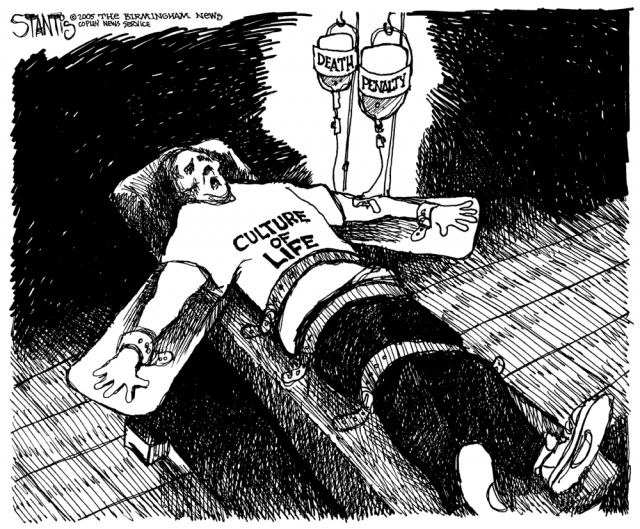These days, I’m some form of anxious or scared almost all of the time. And while I could chalk this up to an anxiety disorder, or some other deep-seated biochemical imbalance, I think that it has more to do with what I study.
For the past few years, I’ve spent most of my days thinking about death, dying, and endings. In my classes, we talk about climate change, which many of my professors and classmates theorize will lead to the fall of our civilization. After school, I go to the geoarchaeology lab and pick through the remains of a society that has fallen, trying to understand my ancestors from 60,000 years ago. I think about the shaky undergraduate assistant who may, 60,000 years from now, pick apart my life, and try to understand why my civilization has fallen. She’ll analyze every mistake we’ve made and every sign we’ve ignored. And of course, these thoughts of societal death follow me home.
This deep-seated fear I hold over the inevitable fall of our civilization can get overwhelming, and contemplative practices have been incredibly useful to me in managing this. I was scared at first, because I thought that thinking more deeply about death, in a space with no distractions, would worsen my anxiety. And, initially it did–the first few contemplative practices I participated in left me feeling off-kilter and overwhelmed.
But, over the past few weeks, contemplation on death has become my form of terror management–the concept described in Solomon, Greenberg, and Pyszczynski’s “The Worm at the Core,” as the way in which people cope with the looming terror of death. Contemplative practices allow me to center myself by sinking more deeply into my fears, but also help me to better feel connection to my physical self, which in turn quiets my mind. They entice me to focus on my present experience as a time of abundance and possibility, instead of eventual doom. And this shift in perspective has lessened my fears and, therefore, enhanced my ability to connect more meaningfully with the coursework. As Walt Whitman writes of perspective in “A Song of the Rolling Earth,”
“I swear the earth shall surely be complete to him or her who shall be complete!
I swear the earth remains broken and jagged only to him or her who remains broken and
Jagged!”
This is an image my friend took of me while caving in Washington recently. During the trip, we sat down, turned out the lights, and did a short contemplative practice together in the thick darkness just listening to our breathing and thinking about where we were within the earth. Afterward, we found that we had both calmed down significantly–contemplating in a focused way on the danger and the physical actualities of our experience helped us to cope with the fear we felt.









